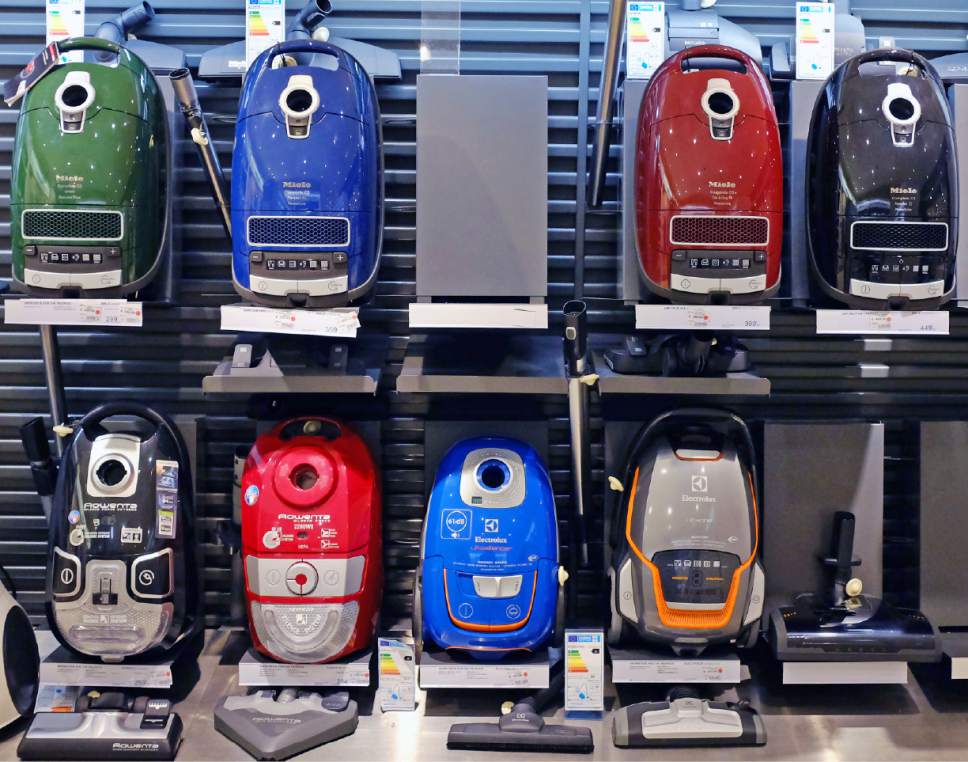
Paris, (AP) — France is introducing a new law effective this week which would require manufacturers to inform consumers of how long they can expect their televisions, cell phones or other appliances to last. This law is aimed to combat the so-called “planned obsolescence” — a term used to describe the way in which companies strategically work to limit the life spans of products so that consumers will be forced to replace them more often.
This new measure requires that manufacturers inform vendors how long spare parts for an appliance will continue to be produced.
The vendor is then required to inform the buyer, in writing. Violators will face up to 15,000 euros (£11,000) in fines.
In addition, a similar law will come into effect next year in France requiring manufacturers to replace or repair defective appliances for free within two years of purchase.
It would seem logical that the consumers benefit some product shelf life transparency, however, as France’s own philosopher Fredric Bastiat‘s parable of the broken window suggests, we neglect to acknowledge, ‘that which is unseen’.
How will this affect competition, pricing and overhead cost to the manufacturer? In turn, will this only result in higher cost to the end-user?
Figures this week revealed that a downturn in France’s manufacturing sector had taken another turn for the worse in February, as a gross decrease in new purchase orders and decrease in demand resulted in more job loss.
Meanwhile, France’s CAC 40 fell 0.4 percent, according to reports on the European Markets on The Daily Times on Tuesday.
Although, arguments could be made for the law deterring companies from planned obsolescence, it is still an assumption that it would be done intentionally by the manufacturer. Furthermore, by creating impeding legislation of an already-regulated market for manufacturers, and assuming the consumer would prefer quality over affordability, France may end up negatively impacting its future in manufacturing in an already flailing economy.



